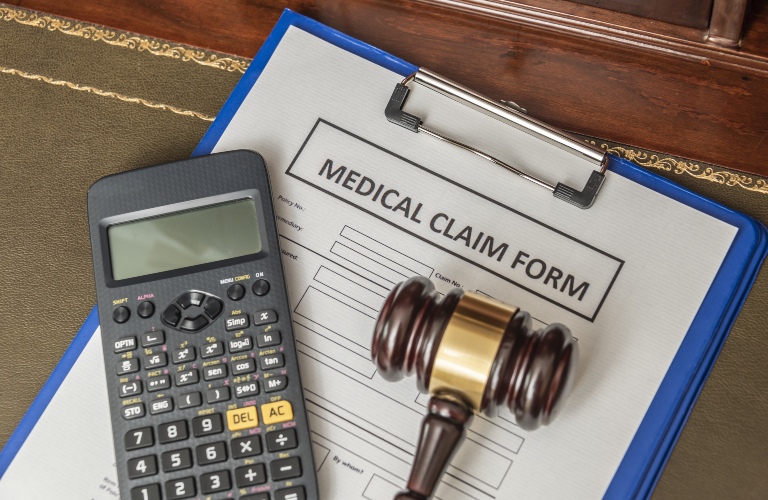When your doctor takes longer than they should to diagnose your medical condition due to negligent actions or decisions by the doctor, you might have a medical malpractice claim under New York law. A delayed diagnosis can cause you significant harm. Pursuing a medical malpractice claim can help you seek financial recovery for your losses.
What Is a Delayed Diagnosis?
A delayed diagnosis occurs when a medical provider takes longer than necessary to diagnose a patient’s condition had the provider conducted diligent treatment of the patient. Some of the common causes of delayed diagnosis include:
- Failure to recognize symptoms
- Not ordering the proper diagnostic tests
- Misinterpreting test results
- Improperly excluding the correct diagnosis from the differential diagnosis
Delayed diagnosis differs from a misdiagnosis or failure to diagnose because a doctor ultimately arrives at the correct diagnosis in a delayed diagnosis case. However, a delayed diagnosis can still harm a patient because the delay may allow a patient’s condition to worsen, which may cause the patient avoidable pain or suffering, reduce the patient’s effective treatment options, or reduce the patient’s chances of survival.
When Does a Delayed Diagnosis Become Medical Malpractice?
A delayed diagnosis may give rise to a medical malpractice claim when a doctor commits negligence. In healthcare, negligence occurs when a medical provider’s actions meet four elements:
- Duty: The duty of care involves rendering treatment that complies with the standard of care, which the law defines as the treatment decisions and actions that other healthcare providers of similar training and experience would have provided under identical circumstances.
- Breach: A patient must show how their treating provider’s care fell below the applicable standard of care in their case.
- Causation: The patient also must demonstrate how the provider’s breach of the standard of care caused a delay in the diagnosis of the patient’s condition.
- Damages: Finally, the patient must identify the damages caused by their healthcare provider’s negligence, such as increased medical treatment expenses or reduced life expectancy.
For example, a delayed diagnosis may cause a medical malpractice claim when a radiologist misinterprets a patient’s scan by missing a visible tumor that other radiologists of similar training and experience would have spotted.
The Statute of Limitations on Delayed Diagnosis Claims in New York
In New York, the law imposes a deadline for filing a medical malpractice lawsuit to pursue a claim related to a delayed diagnosis. The statute of limitations for medical malpractice claims generally requires you to file your lawsuit within two years and six months of the date of your doctor’s negligent treatment. However, in a delayed diagnosis case, this two-year-and-six-month deadline may not begin to run until the date when the patient knows or reasonably should have known of their doctor’s negligent act or omission and knows or reasonably should have known that such act or omission caused their harm or the date of the last treatment for continuous treatment.

Proving Liability for Delayed Diagnosis
To prove a healthcare provider’s liability for a delayed diagnosis, you will need to present your medical records, diagnostic test results, and treatment notes to show what information your provider had and when they had it available to them. You also will likely require expert testimony from another provider in the same specialty to explain how your treating provider’s actions fell outside the standard of care and how they caused a delay in your diagnosis.
Contact a Medical Malpractice Attorney Today to Discuss Your Options
After you’ve received a delayed diagnosis that caused your condition to worsen or limited your treatment options, you may have the right to seek financial compensation in a medical malpractice claim. Contact McCann Legal, PC today for a free, no-obligation consultation with our legal team to discuss your options for pursuing a lawsuit against your treating providers for a delayed diagnosis in New York.


